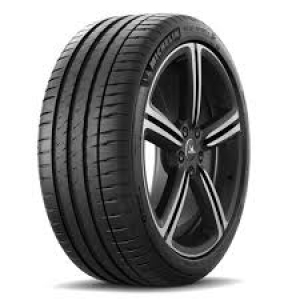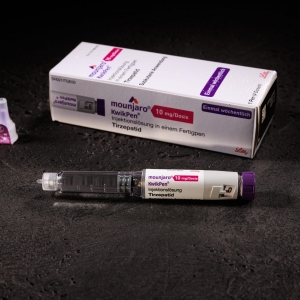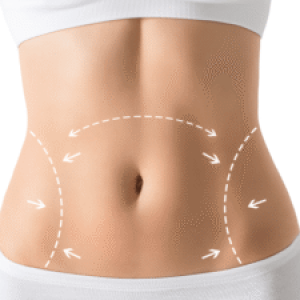Upgrading to good tyres is a simple way to make your car run better. Good tyres give you better car control. A lot of times, the bad performance of a car is not because of the engine but also because of its tyres. Many people believe that maintaining the engine is enough to bring out the best from the car. Indeed, the engine is the most critical part of a car, but that's not the only component that influences the performance of a car. Tyre plays an extremely critical role in providing superior grip, handling and traction. It’s like participating in a race in shoes that are falling apart; you wouldn't be able to perform your best. The same goes for your car; until the tyres are of good quality and in good condition, it’s less likely that your car will perform at its best. A good-quality tyre provides superior control over the vehicle, making it enjoyable to drive. Such tyres have a shorter stopping distance, which means you can stop your car at the exact point you desire. This helps reduce the risk of accidents and collisions. They handle better around the corners, giving you more confidence behind the wheel. In fact, such tyres also contribute to better fuel efficiency of your car. The rationale behind this is, when your car tyres have good grip, your car's engine doesn't have to work as hard, which in turn saves you money at the fuel pump. There are many benefits of equipping your car with high-quality tyres, which are as follows:
Safety
When it comes to tyres, the only thing that you should keep in mind is how much safety they can provide while you are driving your car. Good-quality tyres, such as Bridgestone tyres Reading, are made up of high-quality rubber compounds; they have deeper tread depth and stronger tread patterns, which make them super-efficient on the road. Such a tyre grips the road properly, thereby reducing the risk of aquaplaning or hydroplaning. So, once you equip your car with good-quality tyres, you are less likely to skid or slip, no matter what kinds of roads you are driving on.
Fuel Efficiency
Believe it or not, good tyres can even save you money at the fuel pump. This is because such tyres have lower rolling resistance. Basically, tyres that offer lower rolling resistance mean they roll easily without much force or energy. This means your car's engine doesn't have to work as hard to keep your car moving forward. Less work for the engine means less fuel will be burnt, resulting in higher fuel efficiency. Cheap tyres, on the other hand, have a higher rolling resistance, which makes your car’s engine work harder, resulting in higher fuel consumption. So, if you want to save some cash on fuel, investing in good-quality tyres is a smart choice.
Ride Comfort
When you switch to good-quality tyres, you will automatically feel the difference. The drive will be more comfortable and quieter. Good-quality tyres are designed to offer better comfort by minimising noise, vibration and jerking. So, every time you hit the road, you are less likely to feel exhaustion. On the flip side, you will hardly enjoy your drive if you use poor-quality tyres because that kind of tyre can really drain you out, even if you drive for a shorter period of time. So, if you value comfortable driving, it's worth investing in good tyres for your car.
Shorter Braking Distance
Stopping quickly is super important for safety. You are more likely to get into an accident if your car can’t stop on a dime. Cheap tyres usually have shallow tread depth and weaker tread patterns, which means such tyres require more distance to come to a complete stop. No matter how hard you slam on the brakes, you will not be able to stop your car quickly if the tyre of your car is damaged or of poor quality. So, to keep yourself safer on the road, make sure your car is fitted with good-quality tyres.
When Should I Change My Car Tyres?
First of all, it is crucial to keep a close check on the tread depth of your tyres. In the UK, the legal limit for tyre tread depth is 1.6 mm. If your tyres' tread depth falls below this limit, you are not allowed to drive. Tyres with such tread depth become ineffective in gripping the road properly. That means it's harder to brake, harder to steer, and generally way more dangerous for everyone. So, replace your tyres immediately once you notice the tread depth has fallen below the permissible limit.
Also, you should all check things like cuts, cracks, and bulges in the tyre. Driving on such tyres is risky, as they are more likely to blow out. Apart from this, if your car tyres are making odd noises or causing vibrations, have them checked or replaced for safety and comfort. Tyres older than 6-7 years might also not grip well; such tyres should also be replaced.
Conclusion
To drive safely, it is important to get good-quality tyres. Better tyres mean more control because you can brake faster and grip the road better. They also help your car perform well and save fuel. So, when buying tyres, don't skimp on the quality. Buy high-quality tyres Reading for safer driving and better performance.







